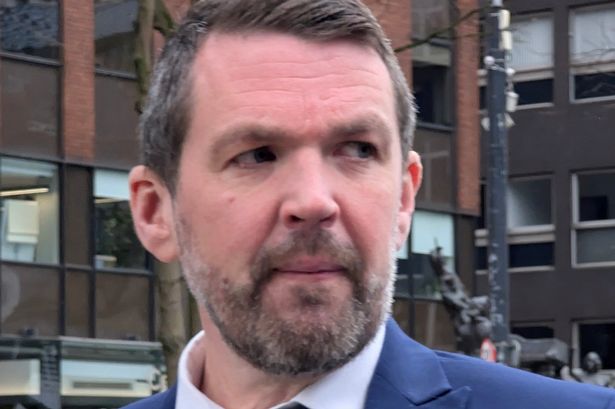The Euro 2021 final, a clash of footballing titans between England and Italy, culminated in a heart-wrenching penalty shootout loss for England. The missed penalties by Bukayo Saka, Marcus Rashford, and Jadon Sancho, all young Black players, became the focal point of a torrent of racist abuse online. Amongst this digital vitriol, a tweet by Andrew Bone, containing a racial slur directed at the players, became a stark example of the deeply ingrained racism that still plagues the sport and society at large. Bone’s tweet, though swiftly deleted, captured the immediate aftermath of the loss, a moment charged with disappointment and frustration for England fans. However, for some, this disappointment manifested as outright racism, targeting the three Black players who missed their penalties. This incident ignited a widespread condemnation of online hate and prompted renewed calls for greater accountability from social media platforms.
The racist abuse directed at Saka, Rashford, and Sancho highlighted the insidious nature of online hate, its capacity to amplify prejudice, and the devastating impact it can have on individuals. These young athletes, who had carried the hopes of a nation on their shoulders, were subjected to a barrage of vile and hateful messages, simply for missing penalties in a high-pressure situation. This incident transcended the boundaries of sport, becoming a societal issue that underscored the urgent need to address the pervasive nature of racism and the inadequacy of current measures to combat it. The outpouring of support for the players, however, demonstrated the collective power of empathy and solidarity in the face of such hatred. It served as a stark reminder that while racism persists, so too does the determination to fight against it.
The incident involving Andrew Bone and the subsequent racist abuse directed at the players sparked a national conversation about racism in football and beyond. The swift condemnation from various quarters, including the Football Association, political figures, and fellow players, signaled a growing intolerance for such behavior. This incident also brought into sharp focus the role of social media platforms in facilitating the spread of hate speech. The ease with which racist messages can be disseminated online and the perceived anonymity afforded to perpetrators contribute to the proliferation of such abuse. The incident highlighted the need for stricter regulations and more effective mechanisms to identify and punish those who engage in online hate.
The racist abuse aimed at Saka, Rashford, and Sancho underscored the complex interplay of race, nationality, and belonging within the context of English football. These young players, representing the diversity of modern England, became targets of hate precisely because of their race. This incident exposed the fragility of national unity and the persistent undercurrents of racism that threaten to undermine it. The unwavering support for the players from a significant portion of the English public, however, demonstrated a growing recognition of the importance of inclusivity and the rejection of racism as antithetical to true national pride.
The aftermath of the Euro 2021 final and the racist abuse endured by Saka, Rashford, and Sancho served as a catalyst for change. It galvanized anti-racism organizations, football clubs, and governing bodies to redouble their efforts to combat discrimination within the sport. This incident also prompted a wider societal reflection on the insidious nature of racism and the need for more effective strategies to address it. The incident became a turning point, highlighting the urgent need for education, awareness, and concrete actions to eradicate racism from football and society as a whole. The widespread condemnation of the abuse and the outpouring of support for the players signaled a growing determination to create a more inclusive and equitable future.
The Euro 2021 final, while a sporting event, became a powerful symbol of the ongoing struggle against racism. The racist abuse directed at Saka, Rashford, and Sancho highlighted the deep-seated prejudices that still exist and the urgent need for sustained action to combat them. This incident, though deeply painful, also served as a reminder of the power of solidarity and the unwavering commitment of many to create a more just and equitable world. The outpouring of support for the players became a beacon of hope, demonstrating that the fight against racism is far from over and that collective action can and does make a difference. The incident served as a stark reminder that the fight against racism is not just a battle for equality on the football pitch, but a fight for equality in all aspects of life. It underscored the importance of continued vigilance, education, and collective action to dismantle systemic racism and create a truly inclusive society.














